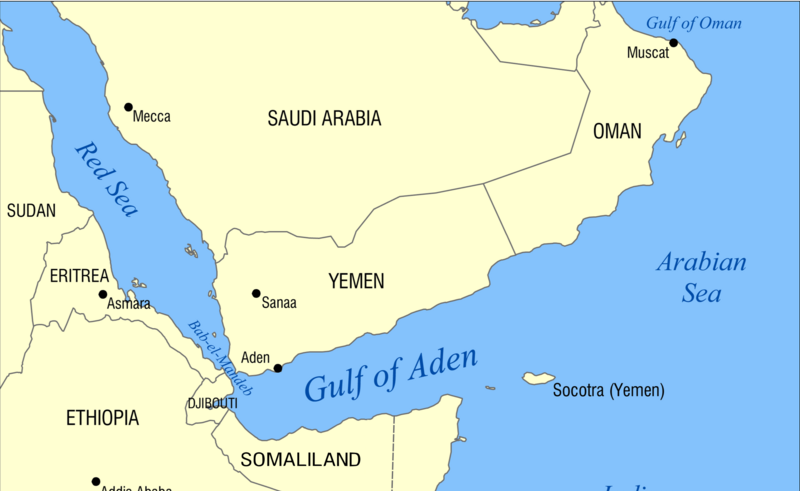
Yemeni civil war, started in 2015, has killed more than 250,000 people, led to over 4 million people internally displaced, and has created one of the worst humanitarian crises, alongside devastating political and economic consequences. External interference among neighbours has led to a proxy war between three factions: the internationally recognized government backed by the Saudi, the Iran-supported Houthi rebels, and the United Arab Emirates–supported southern separatists. Since the UN-mediated truce of 2022, large-scale ground operations have not occurred, however, internal tension is extremely high and military activities have been pursued. Despite multiple efforts by international mediators, achieving a lasting peace remains an elusive goal.
One of the most significant obstacles to peace in Yemen is the fragmentation of political and military groups. Historic frustration for political power lies indeed at the root causes of the war itself. The creation of the Yemen Arab Republic (YAR) in 1962 officially ended the centuries-old rule of Zaidi imams. This large minority found itself excluded from official representation: their grievance would eventually be catalyzed in the Houthi movement. But other factions, such as the Southern Transitional Council (STC) and various tribal and local militias, also joined the war to advance their own political agendas and territorial ambitions. This fragmentation complicates negotiations, as each group has different demands, making consensus difficult to achieve.
The conflict has transformed Yemeni society. The proliferation of checkpoints across the country has restricted freedom of movement and fragmented the territorial integrity of the nation. The war has also blocked the nascent progress on women’s political and social participation, while the economic collapse brought on by the war has led to high unemployment rates, inflation, and a lack of basic services. Also, the destruction of public infrastructure, such as hydrological and healthcare buildings, has exacerbated famine, water crisis, and disease outbreaks. Without addressing these humanitarian issues, peace efforts will be severely undermined, as social unrest, grievance and desperation can fuel further violence.
Even if a peace agreement is reached, Yemen’s weak state institutions pose another major challenge. The violent clash between different factions has destabilized the possibility of a singular governance identity: corruption, lack of national identity, and ineffective law enforcement have created a power vacuum that non-state actors often exploit. Indeed, behind domestic struggle there is an actual battleground for regional powers, in particular between Iran and Saudi Arabia, which keeps interfering in the war to advance their geopolitical interests. In this regard, peacebuilding cannot be effective without the presence of a strong governance unity, formed through fair elections, and the restoration of social and political trust. In particular, the international community is required to step back from the country’s battleground in order to allow peace talks to proceed without pushing for interests besides the Yemenis’ ones.
Despite these daunting challenges, peace in Yemen is not impossible. A successful peacebuilding process would firstly require international mediation from states actors who are not involved in the country and have no interests in it: however, international cooperation remains essential for supporting the peace process and the reconstruction plan. Also, an inclusive political dialogue, which includes all fighting factions, including marginalized groups, will be essential to advance a later process of a fair political system and guarantee sustainable and long-term stability.
Finally, first and foremost, it is crucial to prioritize humanitarian aid, and the reconstruction of basic infrastructures to guarantee access to health and to primary needs to all the population, followed by the rebuilding of infrastructures to stabilize internal displacement. The road to peace in Yemen is long and complex, but with sustained efforts from both Yemenis and the international community, a sustainable peace can be reached.
By The European Institute for International Relations














